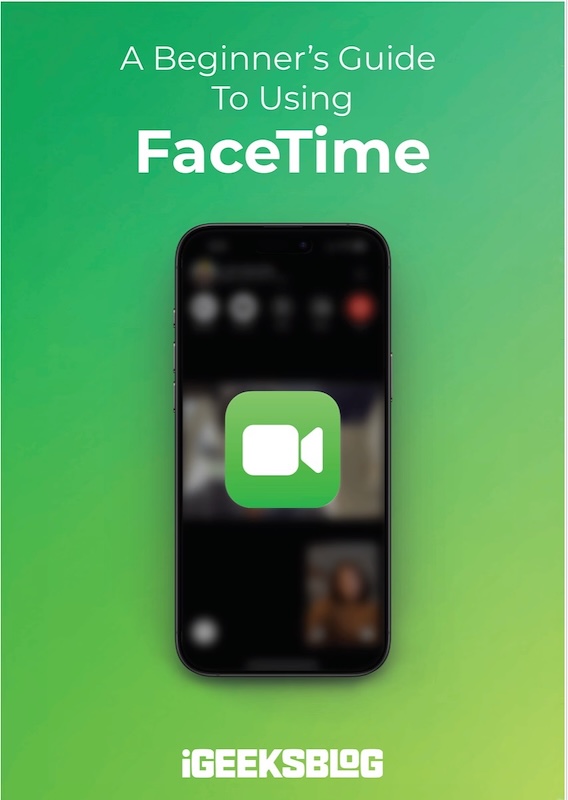
FaceTime Like a Pro
Get our exclusive Ultimate FaceTime Guide 📚 — absolutely FREE when you sign up for our newsletter below.

FaceTime Like a Pro
Get our exclusive Ultimate FaceTime Guide 📚 — absolutely FREE when you sign up for our newsletter below.
Apple’s new iPhone Air impresses with a ceramic shield that withstands level 7 scratches and a titanium frame that endures 216 pounds of bend force.
The iPhone Air, Apple’s slimmest smartphone to date, recently went through the paces of JerryRigEverything’s well-known durability assessment. This YouTuber, famous for putting new phone models through the wringer to reveal any frailties, subjected the iPhone Air to a series of scratches, flame exposure, and bending challenges. The outcome? Apple’s durability claims seem to check out, effectively dispelling worries of another “bendgate” controversy.
The initial test targeted the display, which boasts Apple’s latest Ceramic Shield 2. While the majority of smartphone screens commonly start scratching at a level 6 on the Mohs hardness scale, the iPhone Air managed to resist until level 7, and even then, the scratches were minor. This marks a notable leap from older iPhone models and even surpasses some Android leaders like Samsung’s Galaxy S25 Ultra. The rear glass and titanium structure shrugged off most scratches, except for some visible on the flash diffuser. As for the flame test, it left no lasting impact on the screen’s coating.
Arguably, the centerpiece was the bend test that tech enthusiasts were eager to see. With a titanium grade 5 frame, Apple aimed for a sturdier yet flexible build compared to aluminum. During JerryRigEverything’s manual bend attempt, the phone merely flexed slightly but quickly returned to its original state—unlike the iPhone 6 Plus which kept its deformed shape under pressure years back.
For further stress, JerryRigEverything used a crane scale and pulley method. The iPhone Air withstood 216 pounds of pressure until the front glass eventually cracked. Despite this, the back glass remained whole, and the titanium frame only slightly buckled at the center while the display stayed functional. This resilience is impressive given the phone’s mere 5.6mm thickness.
Thanks to the iPhone Air’s robust design, everyday mishaps—such as accidentally sitting on the device or chucking it into a bag with your keys—are less likely to cause severe damage. It isn’t impervious to destruction; glass is still susceptible to breaking, and titanium can scratch, but Apple’s strategic engineering decisions seem to have paid off. The bottom line? Thin doesn’t necessarily mean fragile anymore.
These tests demonstrate that Apple’s most svelte iPhone to date doesn’t revisit “bendgate” troubles. It instead sets a fresh standard for marrying aesthetic design with structural integrity in smartphones.
Is the added durability important to you? Share your thoughts below.